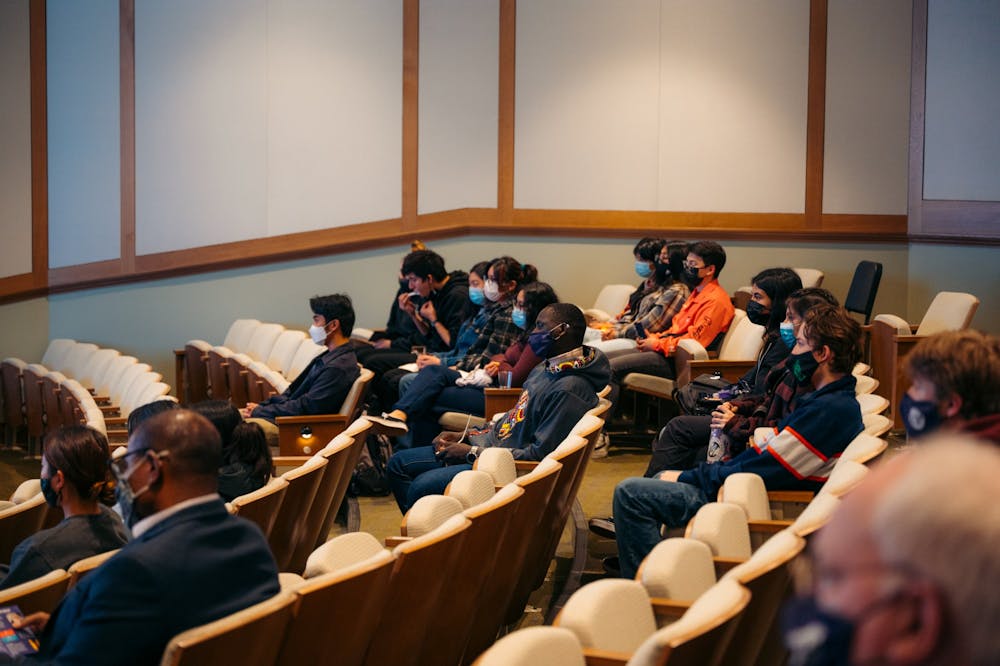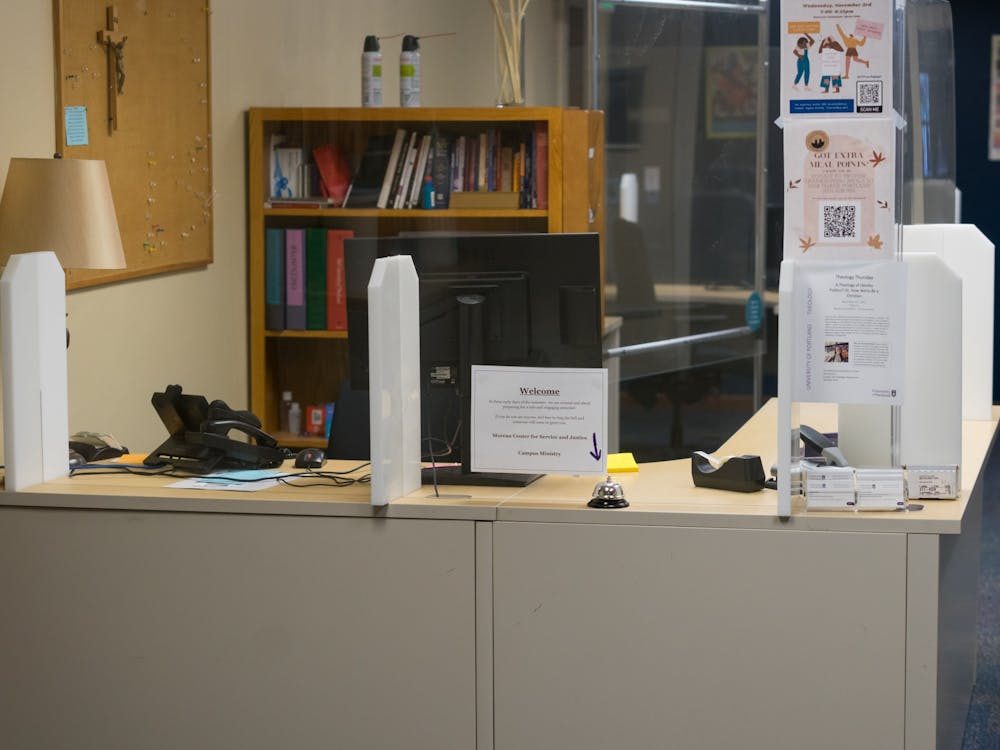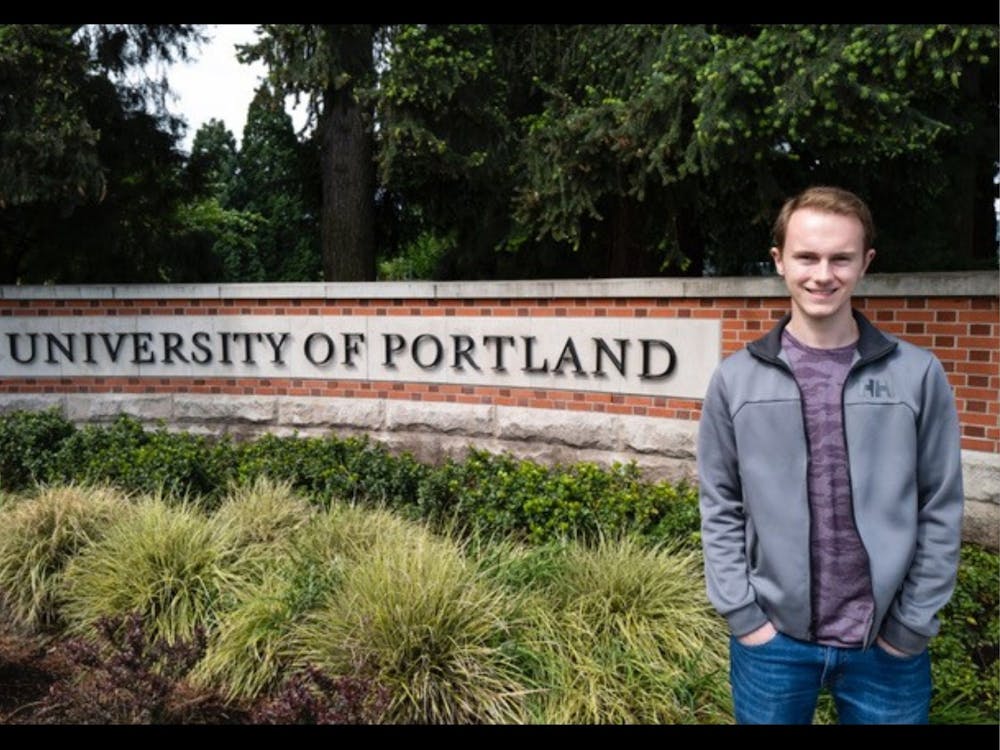On Friday, Nov. 5, University of Portland students, faculty and admin welcomed Lindsay Romasanta as the keynote speaker to kick off National First Generation celebration week. This is the fifth year UP will celebrate and recognize first-generation students, faculty and staff.
Romasanta, the assistant vice president of Global Diversity and Inclusion at Portland State University, has dedicated her work to helping first generation college students find success in higher education. Being a proud Filipina, low-income and first generation college graduate herself, she offered insight on the life and hardships first generation college students face across the nation.
Romasanta spoke on what she called “The First-Gen: Authentic & Asset-Based Strategies for Transformative Student Success.” Romasanta believes that by spreading more awareness and stories on the experiences of first-generation students, we will be able to change the dominant narrative around first generation students and change the institutional factors that excluded first generation students on college campuses in the US.
Here are some major points from the speech:
On the history of first-generation students
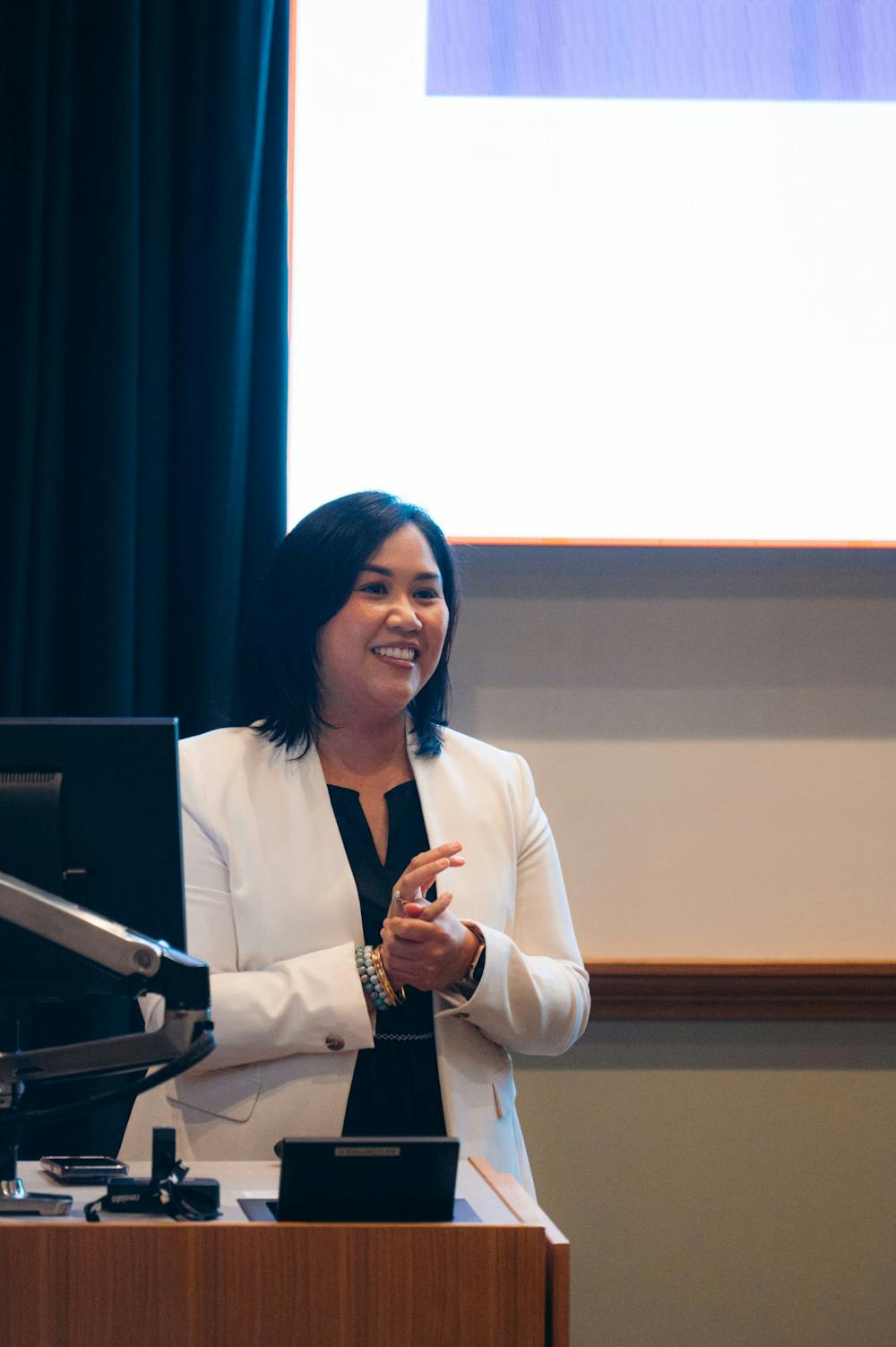
Being a proud Filipina, low-income and first generation college graduate herself, Romasanta ffered insight on the life and hardships first generation college students face across the nation.
“Prior to that, the folks that were coming to college didn't look like a lot of you. It's a very, very different experience. A lot of them were wealthy, or they were veterans that were returning, it was part of the GI bill package. But it usually wasn't women. It usually wasn't people of color. And it usually wasn't people that came from low income backgrounds. So, that's why it's so important to celebrate the Higher Education Act of 1965.”
“The words that they were considering for describing folks who had never gone to college before were so offensive. So, thank goodness that someone came up with the concept of first generation. But prior to that they were considering calling students who had never gone to college before as, ‘culturally deficient,’ or ‘culturally disadvantaged.’ That was how they viewed folks who had never gone to college before. It was actually an economist who was like let's use this term, first generation. I think that it's so important to consider that had it not been for someone reframing and reconsidering that we could have had years and years of educational history of folks, like me and many of you, be called ‘culturally deficient.’”
On the intersectionality of first-generation students
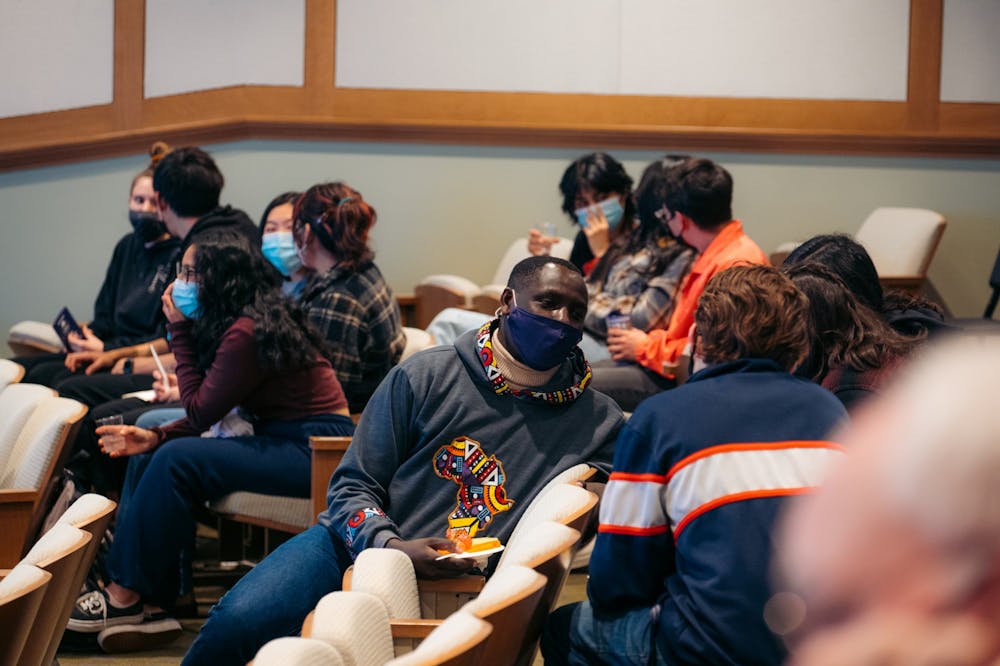
Student fill the DB Auditorium eager to learn.
“One of the things that's really important is to consider that first generation students are not a monolithic identity. There's so many other aspects of first generation students that might be salient to that — whether it's race, ethnicity, immigration status, military affiliation, whatever it might be. One thing that I think that is particularly important is people don't just lump and assume that it's the same exact thing. Yes, there are commonalities that first generation students might experience but there's also lots of unique, powerful differences, which is why this concept of intersectionality is really important in talking about the experiences of all of us who are first generation.”
On institutional change to be more inclusive to first-generation students
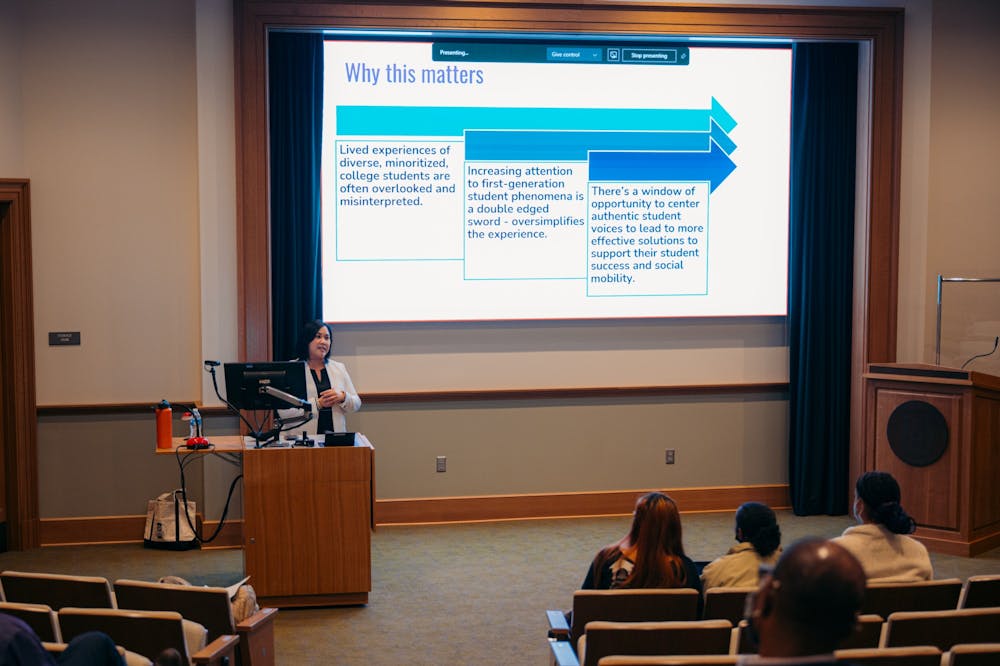
Romasanta, the assistant vice president of Global Diversity and Inclusion at Portland State University, has dedicated her work to helping first generation college students find success in higher education.
“The Center for First Generation Student Success did this thing called landscape analysis. They came up with these key concepts on what works for institutions to really be the first step forward. So, it’s things like coming up with a common definition. So, what that means is here at the University of Portland, how someone defines First Gen students shouldn't be different from how admissions and financial aid defines First Gen students. Some of the other things that they talk a lot about — which I'm so excited exists here at University of Portland, is this concept of intentional first generation involvement, that we have personal ambassadors, we have student leaders who are part of creating this inclusive environment.”
“Also these other aspects like engaging advocates, it's not just one office, it's this collective movement, to critically question what we are doing. Are we doing it from an asset based lens and are we engaging the most important stakeholders — which is students or faculty? There's also emerging practices. So for faculty, there are three things that actually came up in one of the journals around transformative academic experiences. It talks about promoting an institutional, interdependent learning culture, providing explicit support for achieving academic learning, and creating learning experiences that center communal goals.”
Kimberly Cortez is a reporter for The Beacon. She can be reached at cortez25@up.edu.



